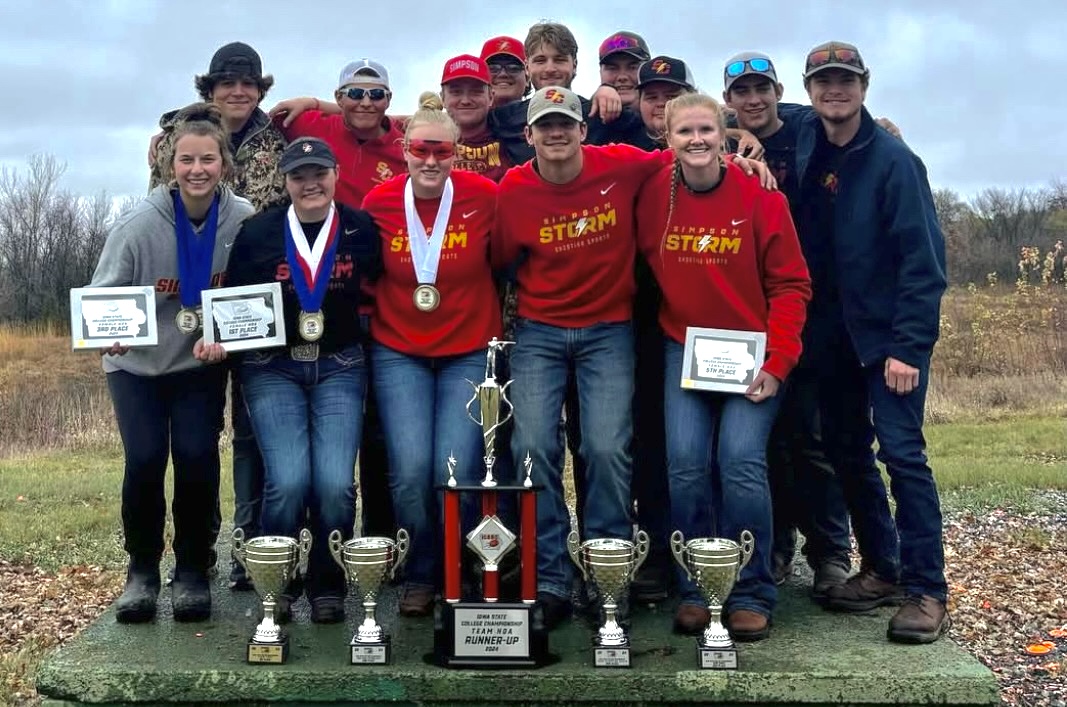Confusion arises over alcohol policy for student-athletes
December 3, 2008
All students face repurcussions when they are caught or written up for violations in the Simpson dorms or on campus, but for student-athletes, those repurcussions may extend beyond the punishment of their community advisers.
CAs do play a role, but it is the coaches who ultimately decide how violations will be handled.
A CA’s job is to look out for misconduct and report the information to the resident assistant and the staff in Residence Life.
Recently, concerns have been raised about the consistency of violations being reported.
A coach will only be notified over a situation if the professional staff feels that it is necessary and will help get the situation solved. Many coaches hold high standards for their athletes and trust that the athletes involved will even come to them before Residence Life informs them of the incident.
“I think it would be nice for a secondary source to notify us so that nothing is left out when the athlete speaks with me, however, nothing formal has been given to me saying this is the protocol if somebody gets in trouble,” Head football coach Jim Glogowski said.
Because there is no set rule in which a coach gets notified of a confrontation, the Residence Life staff must take each event into consideration to decide whether the issue at hand needs larger attention.
There are four different ways a judicial situation is handled on Simpson’s campus.
Incidents are handled by the area coordinator, campus security, the student judicial board or, if the situation is serious enough, a special board will convene for that specific purpose.
“Some situations are handled by mixing and matching of the authority figures, for example the area coordinator and security together,” Mandy Fox, director of residence life, said. “The CA’s job is limited to documentation of the situation and then it is passed on to me and my staff to follow through with it.”
Ultimately, the responsiblity of notifying coaches of such violations falls on the student-athletes themselves.
“We, as coaches, try to hold guys accountable for their actions,” Athletic-Academic Liaison Tyler Erwin said. “If they do get in trouble, wherever or for whatever reason it may be, it’s nice if the athlete comes to us.”
While some coaches would like to know more than other coaches about what is going on during their players’ free time, most say that it is important.
If there are a majority of athletes involved in an incident, then Residence Life will normally take the initiative to let the coaches know of the incident.
“I’m glad this topic is being discussed,” said Area Coordinator Luke Behaunek. “The idea that the coach must be notified is neither a legitimate rule nor an implied rule for the CAs.”





